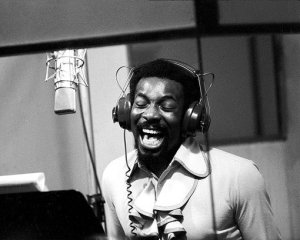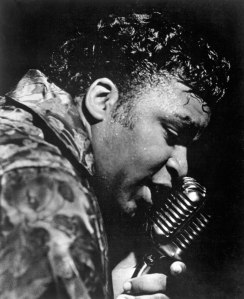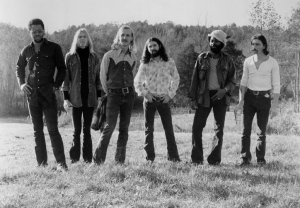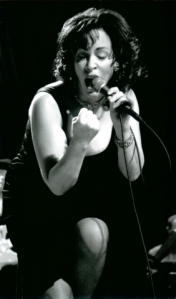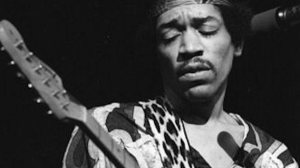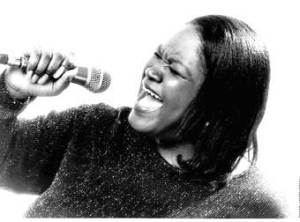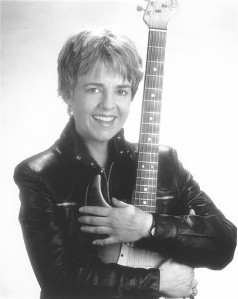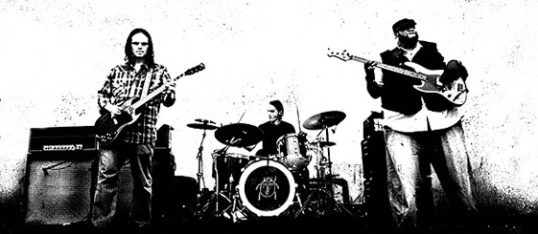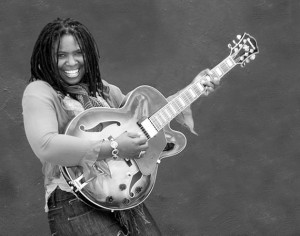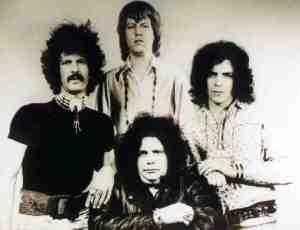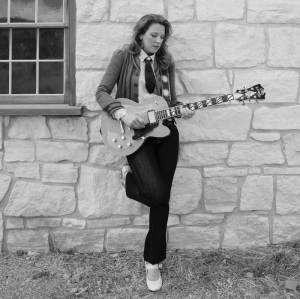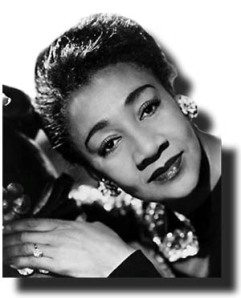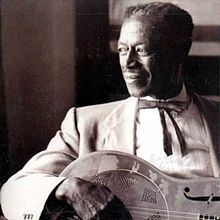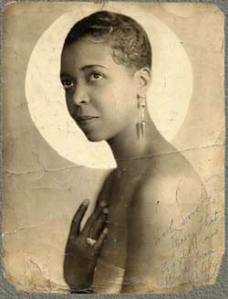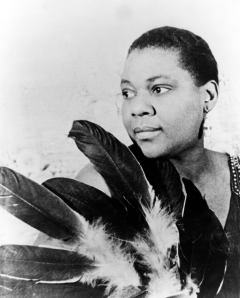Wilson Pickett
Wilson Pickett (March 18, 1941 – January 19, 2006) was an influential singer songwriter, playing R&B, and rock and roll, soul music. He was born on March 18, 1941 in Prattville Alabama, and died on January 19, 2006 of a heart attack in Reston Virgina at 64 years of age. Pickett recorded over 50 hits on the US R&B charts, and some on the US Billboard Hot 100 chart, including “Land of 1,000 Dances”, “Mustang Sally”, “Funky Broadway”, and “In the Midnight Hour” (which he co-wrote)
Pickett grew up singing in Baptist church choirs. He had a rough home life, as his mother would hit him with skillets and anything she could get her hands on, so Pickett moved to Detroit in 1955 to live with his father, where Pickett joined The Vioinaires. Pickett left to join The Falcons in 1959 to further pursuit his musical career. Pickett later recorded at Stax records, doing three sessions in 1965 with keyboardist Isaac Hayes, including hits such as “In the Midnight Hour”, “Don’t Fight it”, and “Ninety-Nine and a Half (Won’t Do)”.
Pickett left Stax to join Fame Studios, where he recorded many other big hits like “Land of 1,000 Dances,” and “Mustang Sally”. Pickett’s success on the charts ended in 1974, as all of his fortune seemed to slip away. He recorded with smaller labels, but never got back to the fame of his glory days, although he was featured in the comedy “The Blues Brothers” in 1988, performing “634-5789”
Listen to: In The Midnight Hour
K.F.
